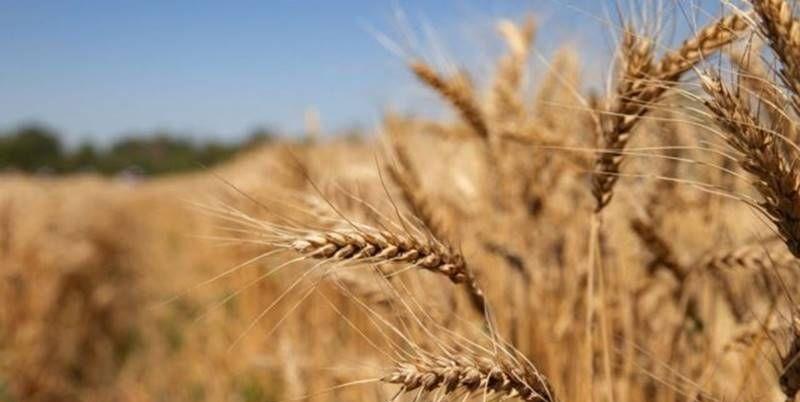
Ukraine's wheat fields feed millions of people in the Middle East
The Russian-Ukrainian crisis has erupted, and for millions of people living thousands of kilometers away from the battlefield, the effects of the war could be extended to their tables.
For centuries, Ukraine has been known as the breadbasket of Europe and has been a major supplier of grain to countries in North Africa, the Middle East and Southeast Asia.
Among the Ukrainian crops, wheat is the most important because people who rely on Ukrainian food exports use wheat as a staple food source.
"Lebanon imports 700,000 tons of Ukrainian wheat, which is equivalent to 50% of their supply." Alex Smith, a food agriculture researcher at the Breakthrough Institute, told the BBC that in Libya, wheat feeds the country, and 43 percent of their imported wheat comes from Ukraine.
In Tunisia, the situation is similar, "their dependence on Ukrainian wheat is 32%. ”
"In total, 14 countries have a dependence on Ukrainian wheat of more than 10%."
Bread is a major food source in most parts of the Arab world.
Global wheat prices are already rising, and there are fears that Ukrainian wheat production capacity will be severely affected, leading to further price increases.
It is estimated that about 35 percent of Ukrainian wheat is grown in the eastern part of the country, an area located on land between the Ukrainian capital Kiev and the separatist regions on the Russian border.
Shortly after the Russian-Ukrainian crisis, European wheat prices hit record highs.
The Food and Agriculture Organization of the United Nations (FAO) had warned of a spike in food prices before the conflict between Ukraine and Russia began, noting that global food prices hit a 10-year high in 2021.
The Arab world itself has been affected by the COVID-19 pandemic and severe drought in several North African countries, and further rising food prices as a result of the war will have the greatest impact on them.
Bread is the most common source of low-cost food in the region, and governments in the region do not have the financial resources to cope with rising prices as European countries do.
Experts in the region often cite public anger over rising food prices as one of the factors behind the 2011 Arab Spring protests.
Exports from Russia
In 2021, a man holding a loaf of bread protested on the streets of Tunisia.
In addition to Ukraine, another major wheat exporter to the world market is Russia, which has gone from being a 50 percent food importer to a net exporter over the past 20 years.
In fact, Russia has become the world's leading wheat producer, exporting more than 35 million tons a year, surpassing Ukraine, the fifth-largest wheat exporter.
As the Russian-Ukrainian crisis develops, demand for Russian wheat is likely to rise sharply, further exacerbating food security concerns.
According to a 2019 report by the international trade data website Economic Complexity Watch (OEC), Russia and Ukraine together account for about a quarter of the world's total wheat.
For Egypt, the world's largest wheat importer, the outlook is worrying.
Egypt's main wheat supplier is Russia, which has a wheat supply of about 80 percent, according to a recent report released by the U.S. Department of Agriculture, followed by Ukraine.
Egypt's Al Ahram newspaper quoted Cabinet spokesman Nader Saad as warning that the Russian-Ukrainian crisis could disrupt wheat supplies in the country, urging the public to consume bread rationed.
A focus on corn
A bale of wheat as a Christmas decoration in Ukraine.
Wheat has received the most attention for its social and political impact on many countries, but other major crops in Ukraine are also prone to price increases.
According to Reuters, Ukraine is the world's leading supplier of sunflower oil, with Ukrainian corn accounting for 16 percent of global exports.
Ukraine's wheat exports rose all in August and September, compared to the transport of corn, which is a more pressing issue.
Before the start of the Crisis in Russia and Ukraine, more than half of Ukraine's expected harvest of maize had been destined to be shipped abroad within the next five months.
In Alex Smith's view, the world should pay close attention to the impact of the war on Ukrainian and Russian agriculture.
"Much of the talk around Russia and Ukraine has focused on oil and gas," he told the BBC, "but also on food security." ”